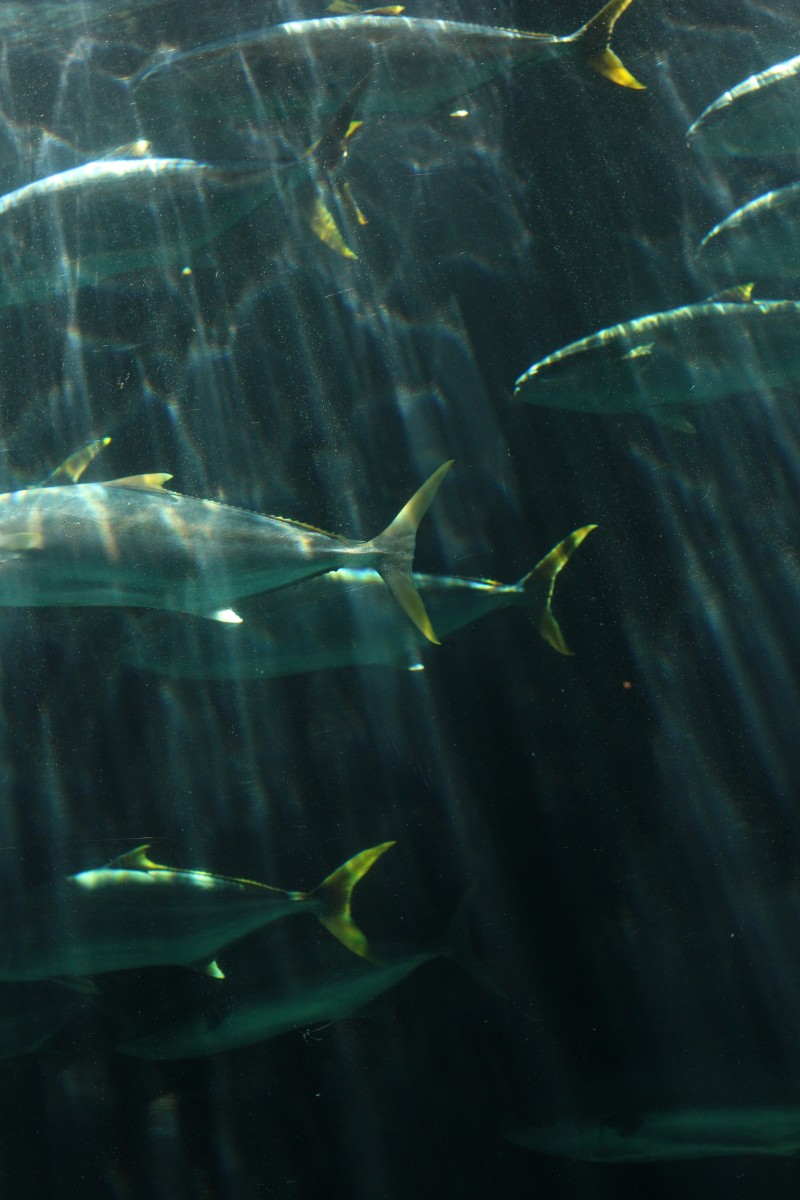
23 May 2022, according to the European Food Safety Authority (EFSA) , the European Parliament and the Council have communicated the draft amendment to Annex II of Regulation (EC) No. 1333/2008 of the European Parliament and of the Council on the limits for the use of ascorbic (E300), calcium ascorbate (E300), sodium ascorbate (E301) and calcium ascorbate (E302) in tuna. Currently ascorbic acid (E300), sodium ascorbate (E301) and calcium ascorbate (E302) are allowed for tuna in 09.1.1 "Unprocessed fish" and in 09.2, part E, Annex II Regulation (EC) No1333/2008"Processed fish and Aquatic products, including mollusks and crustaceans". As the risk of adverse effects on human health from these food additives is low, no maximum limits are currently set. Large amounts of the additive can pass canned tuna off as fresh tuna, posing a risk of misleading consumers and histamine poisoning. In addition, the use of such food additives in large quantities does not comply with the general requirements of the Food Additives Act and the principle of moderation. based on information provided by the industry, the authority is re-evaluating the safety of these food additives and intends to set a maximum limit of 300mg/kg for the use of these additives in tuna. The regulation is expected to be issued in September.


